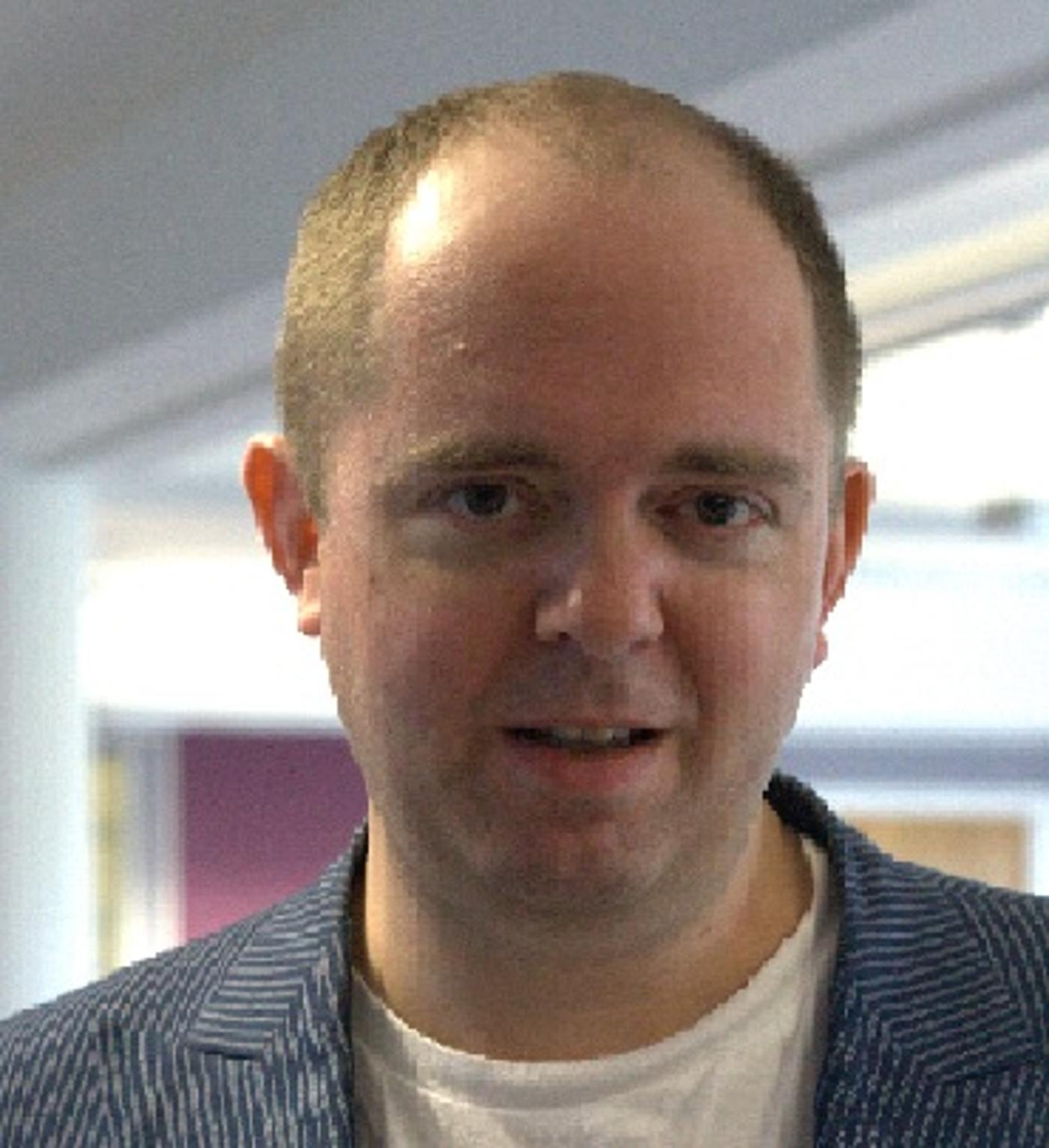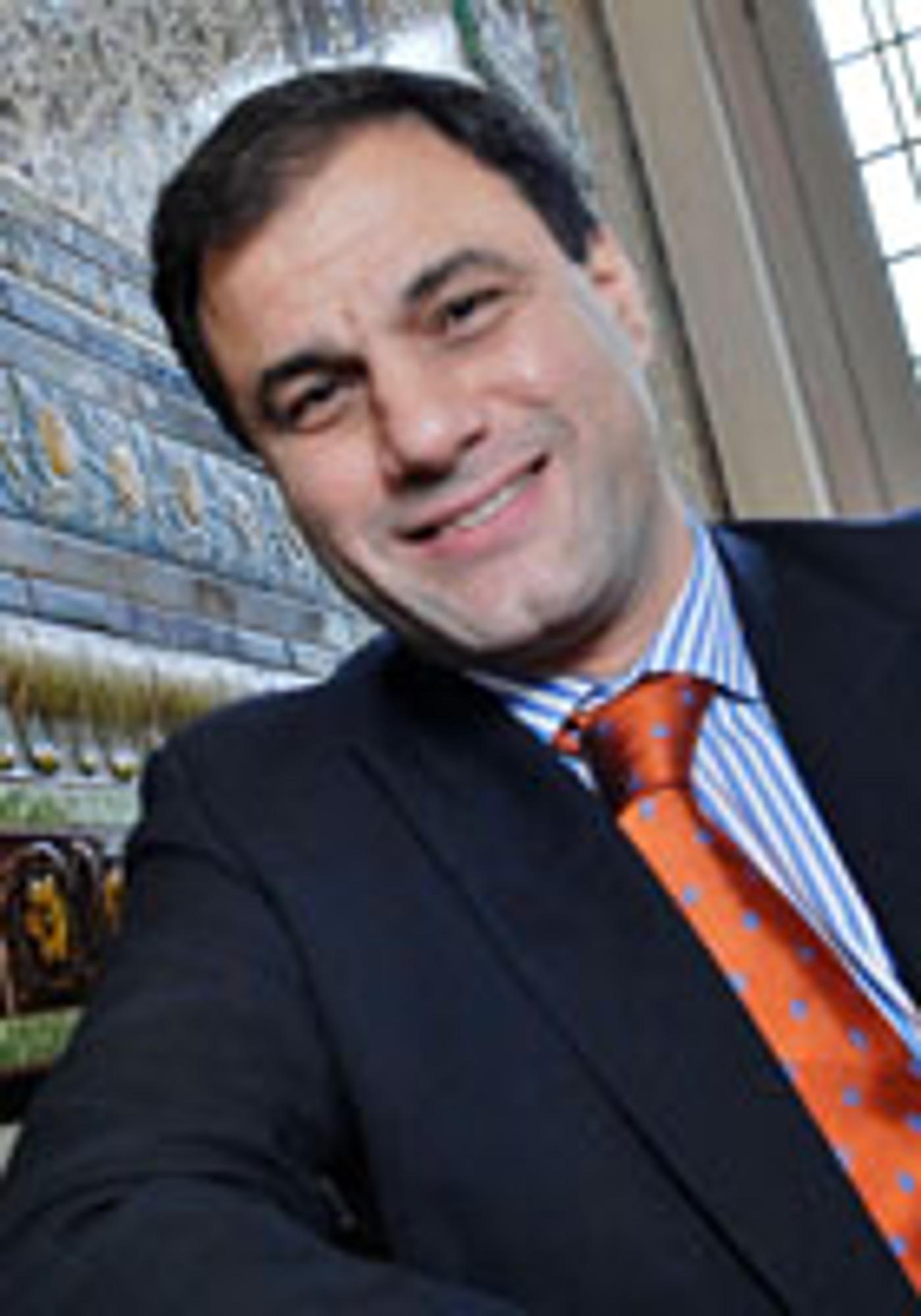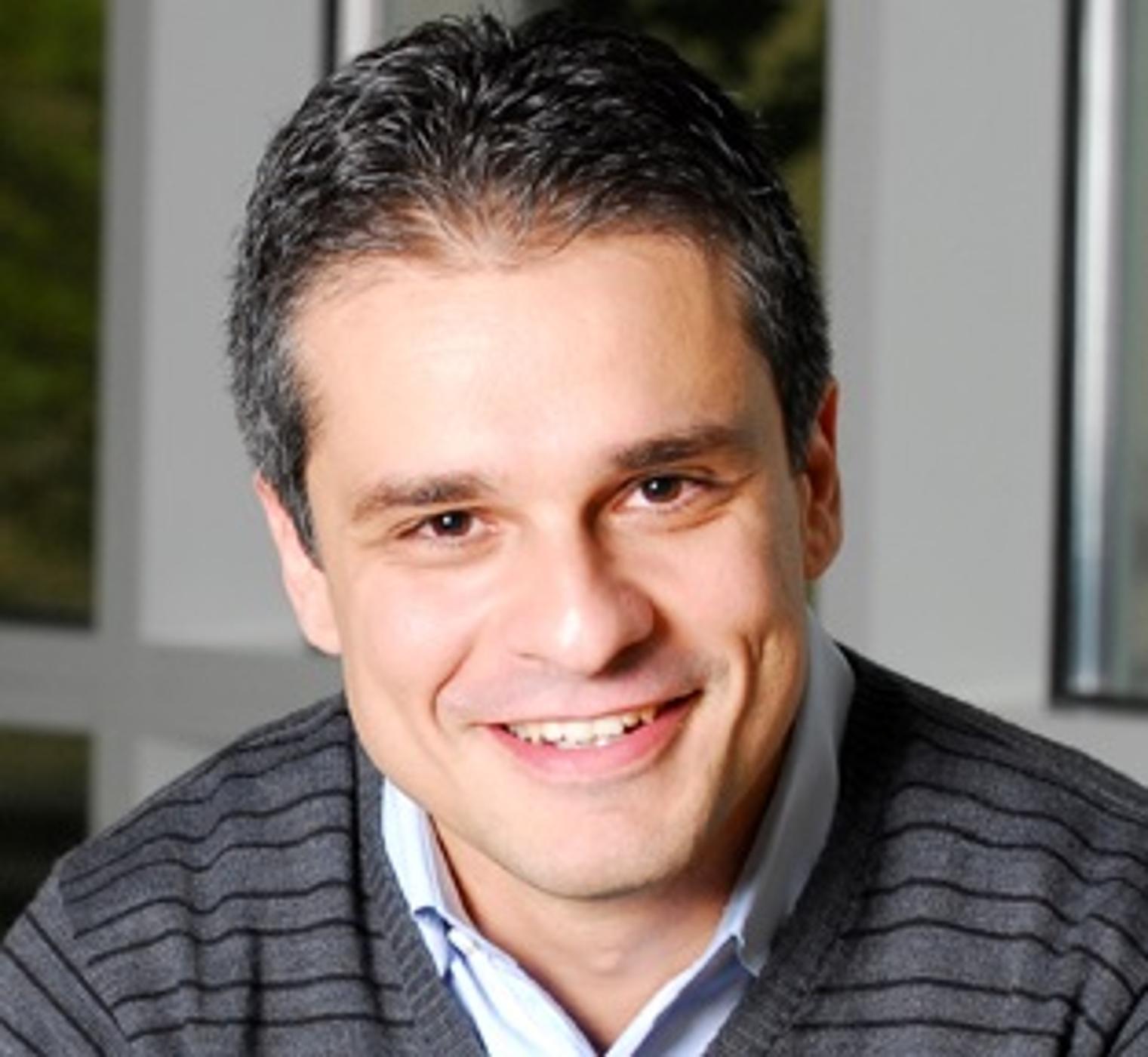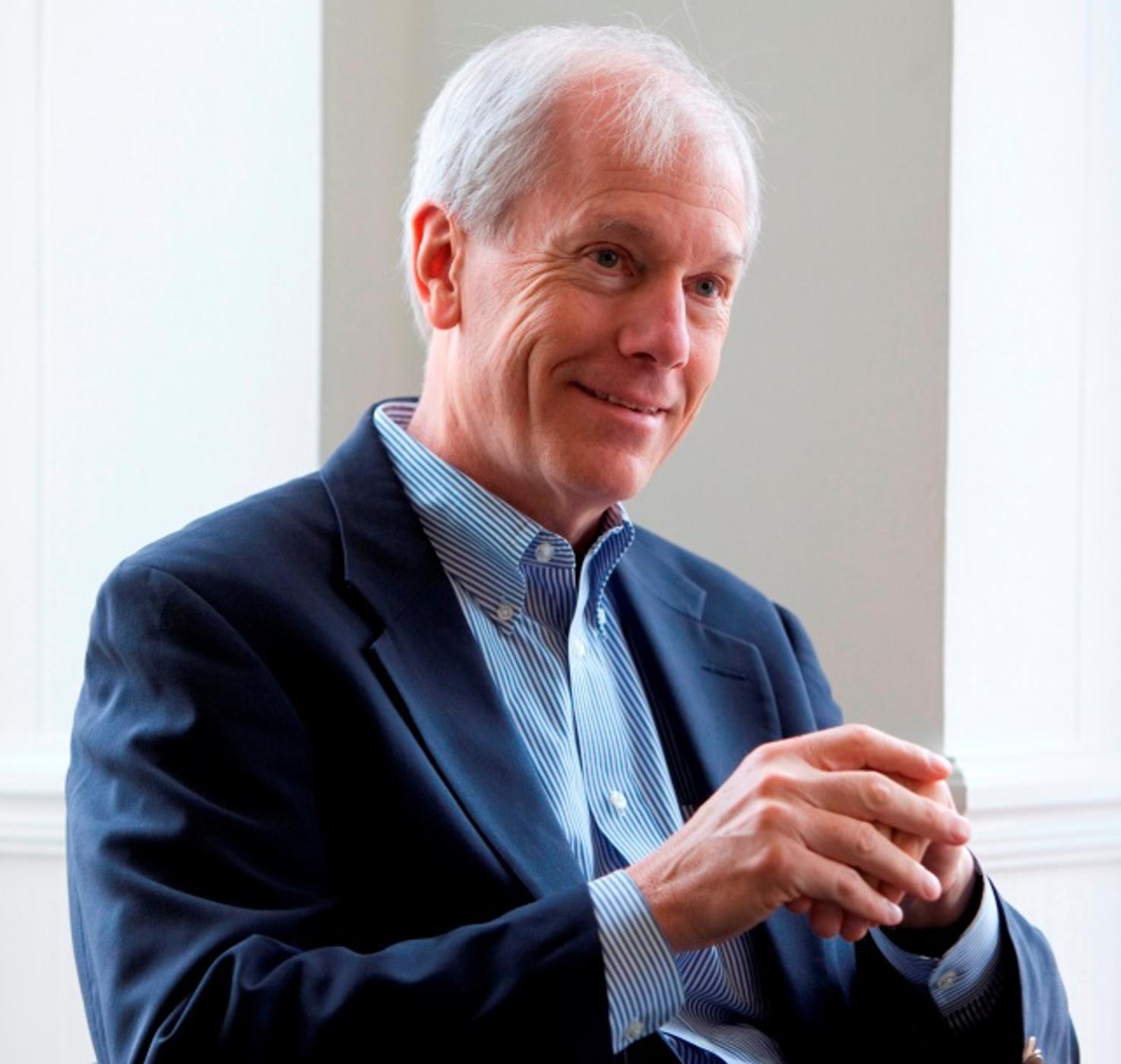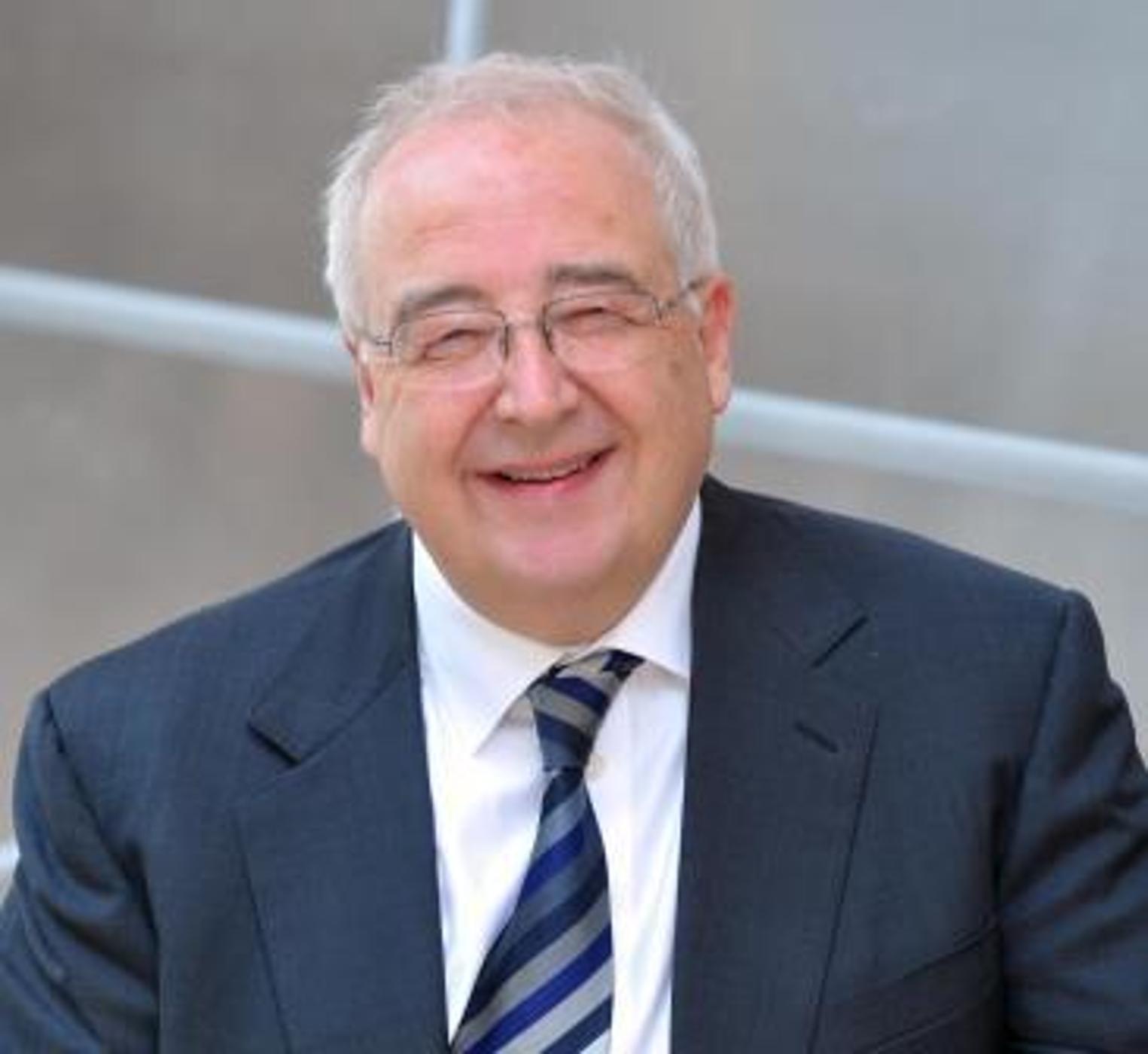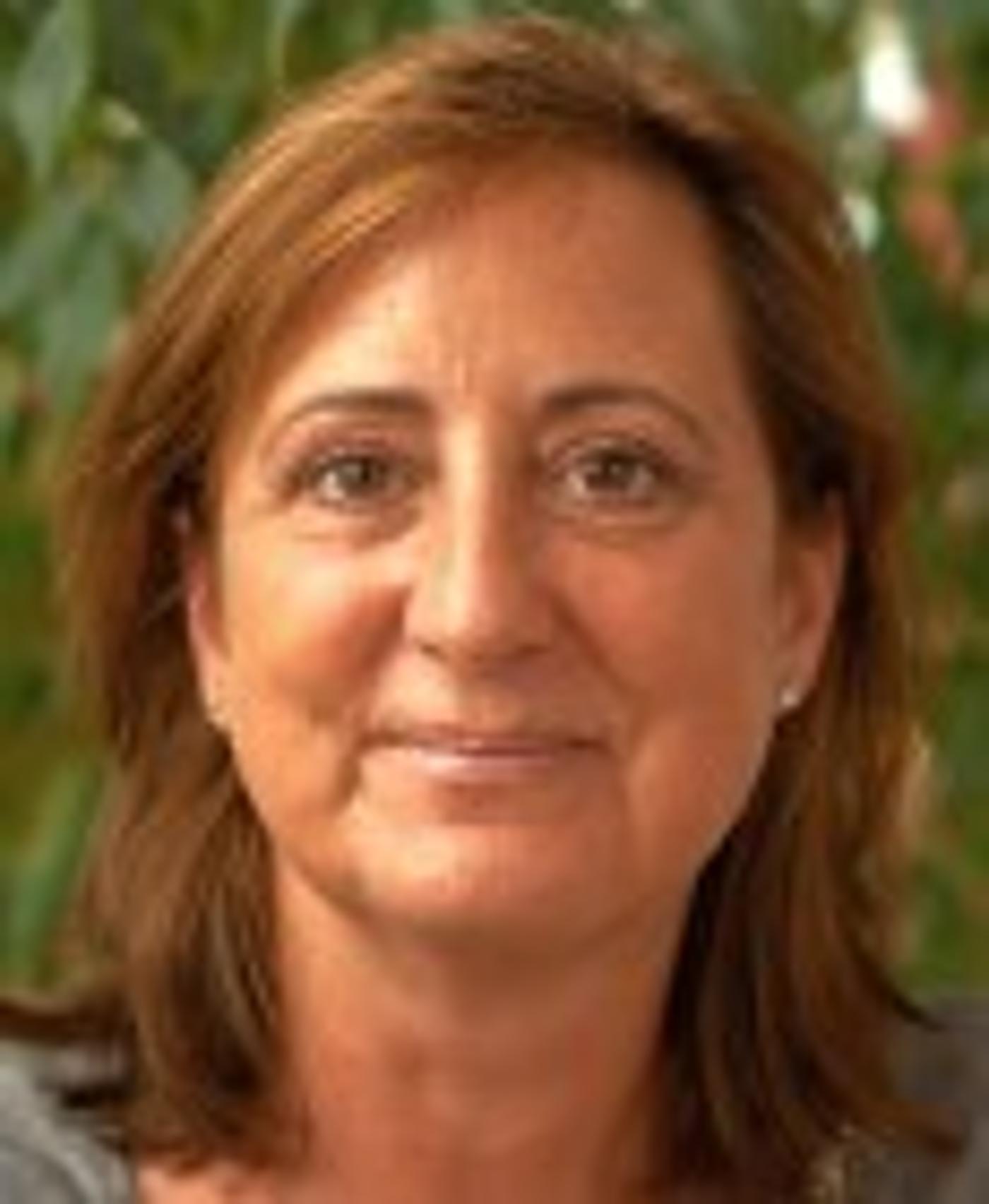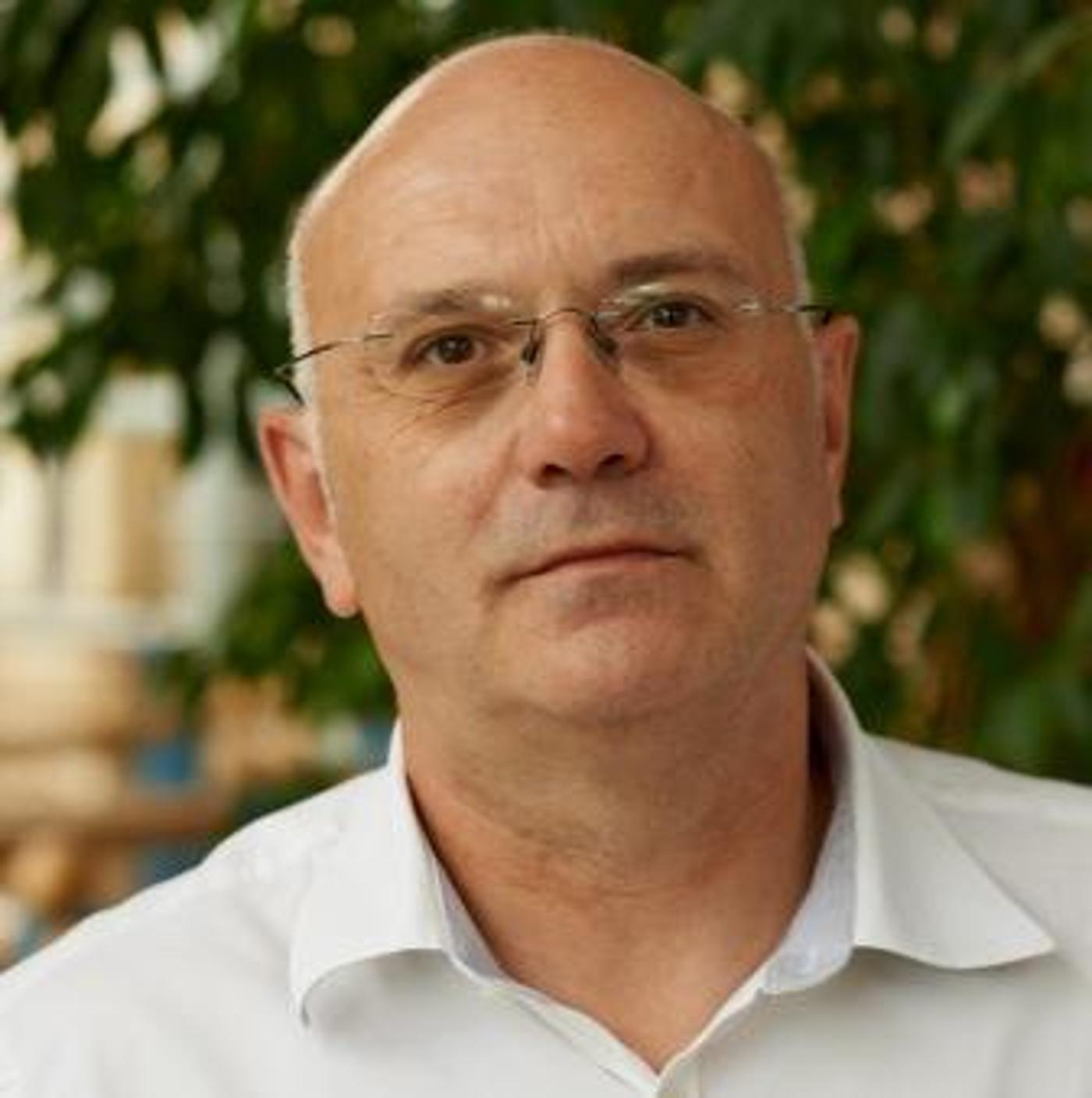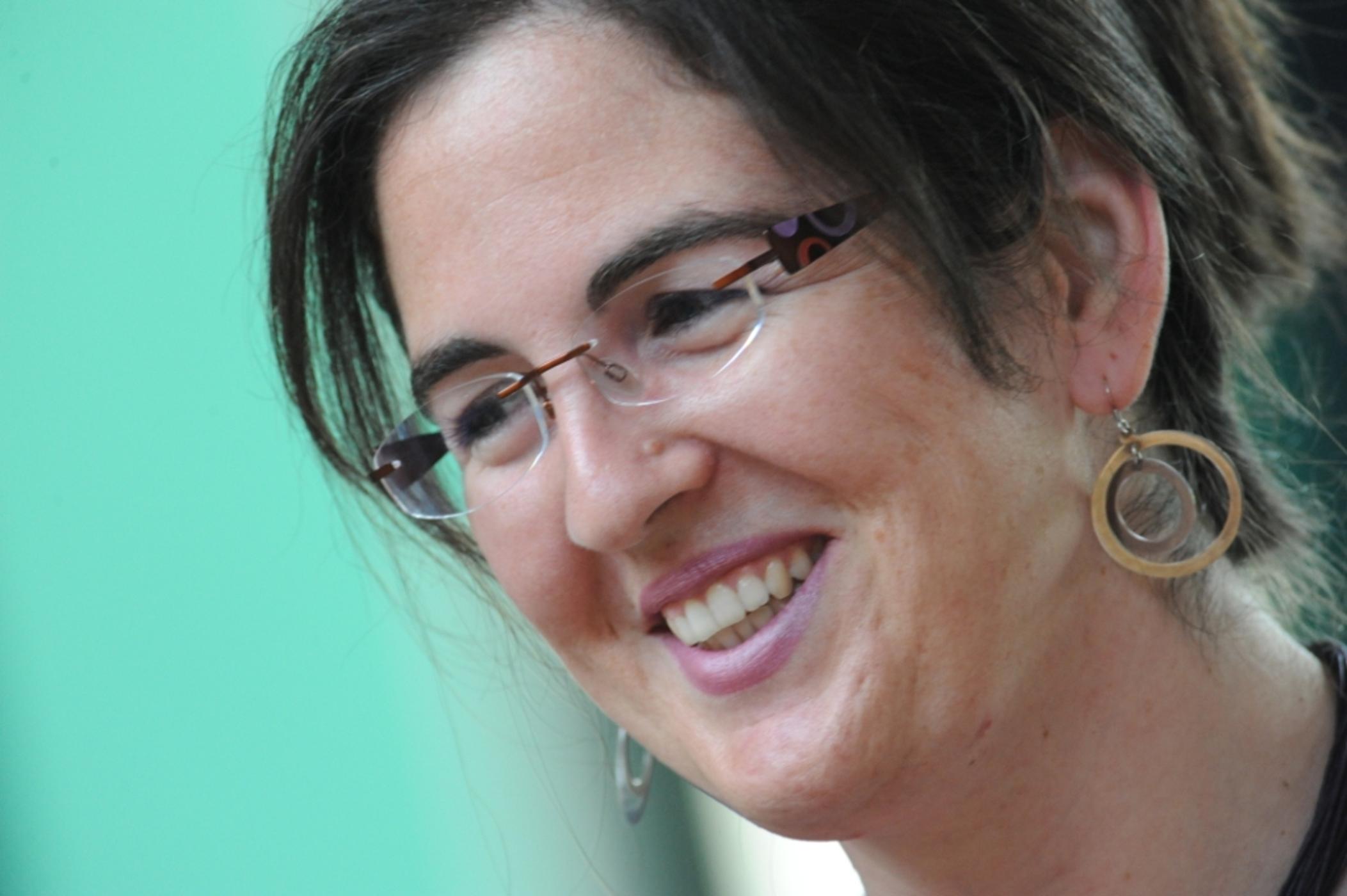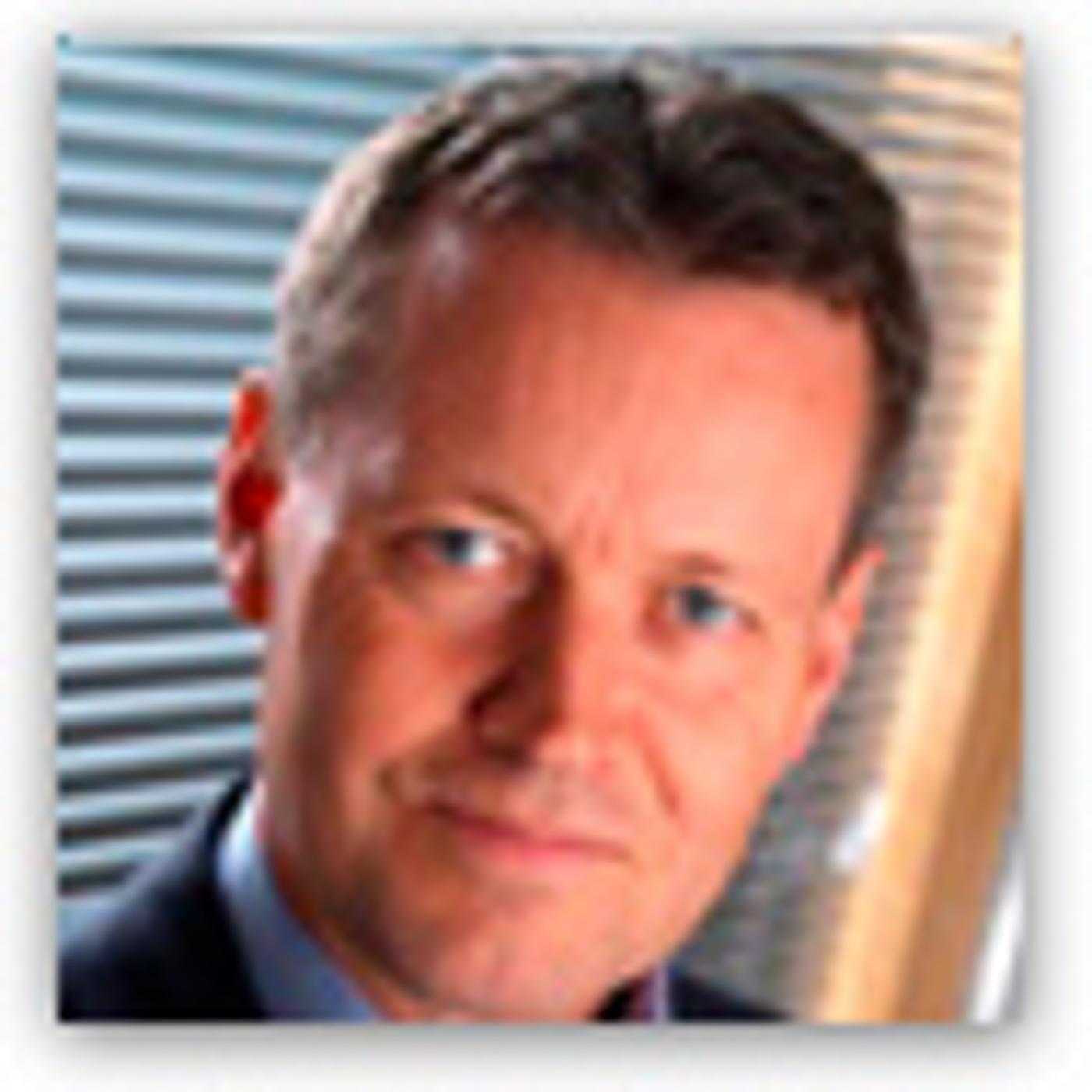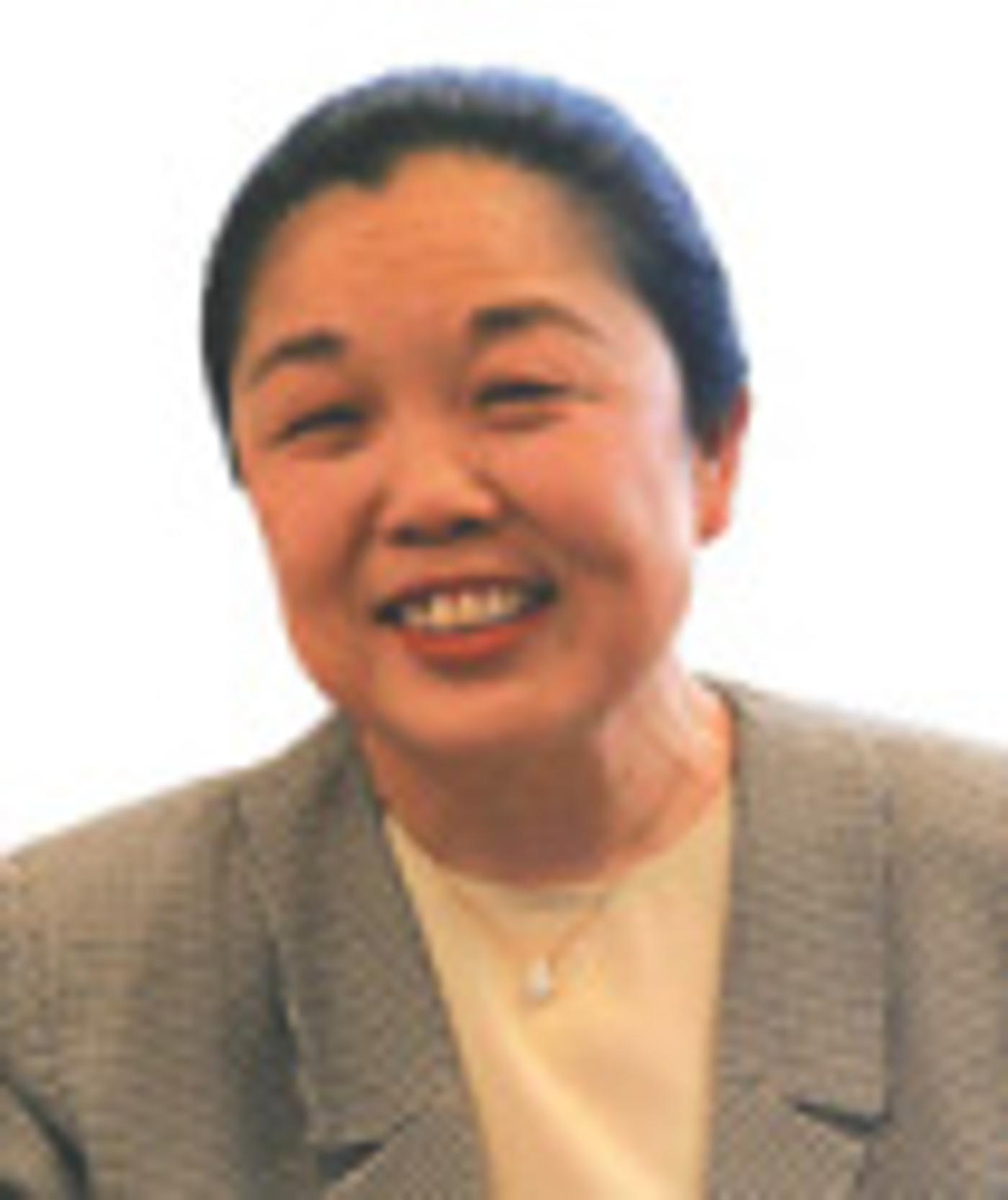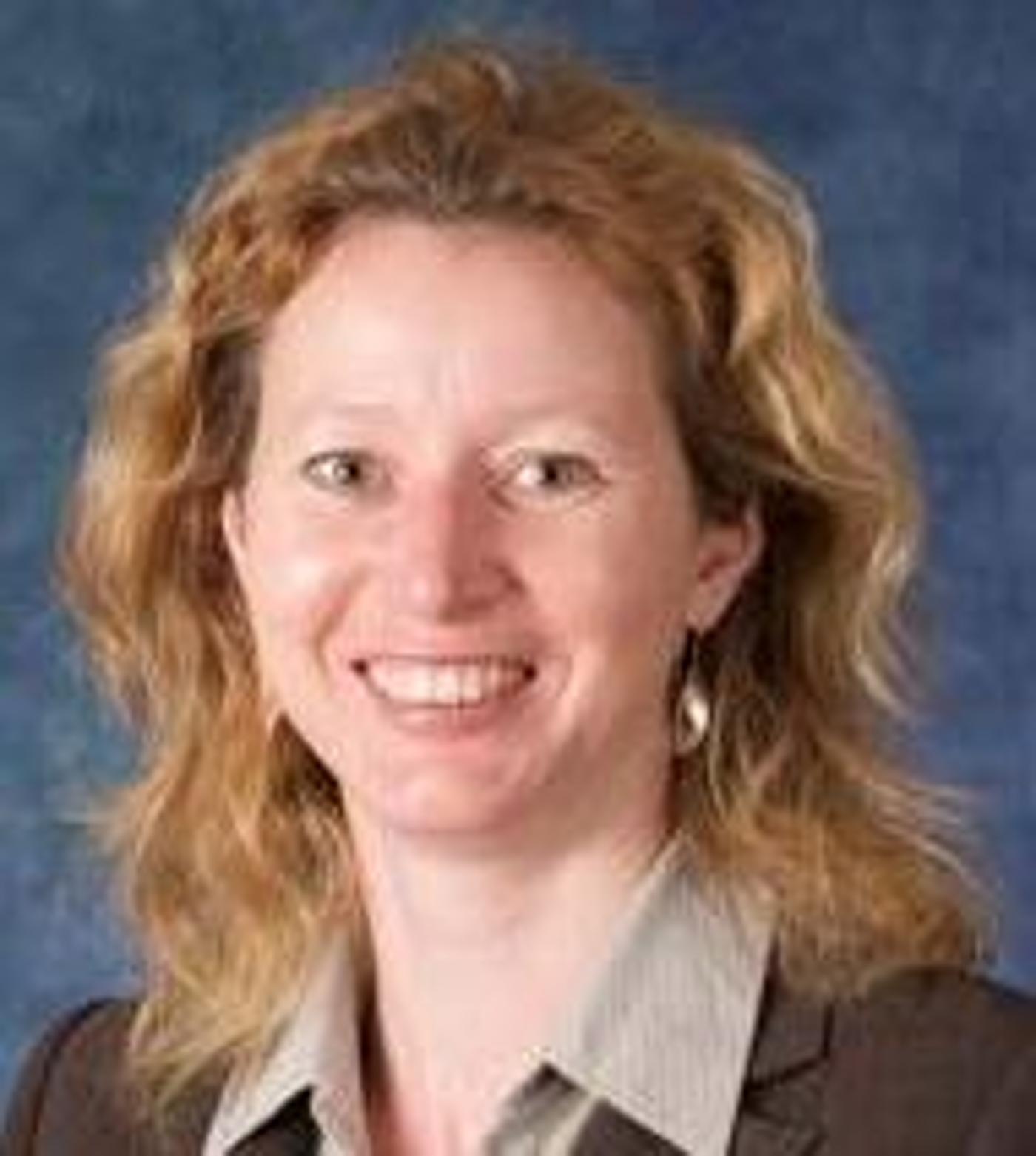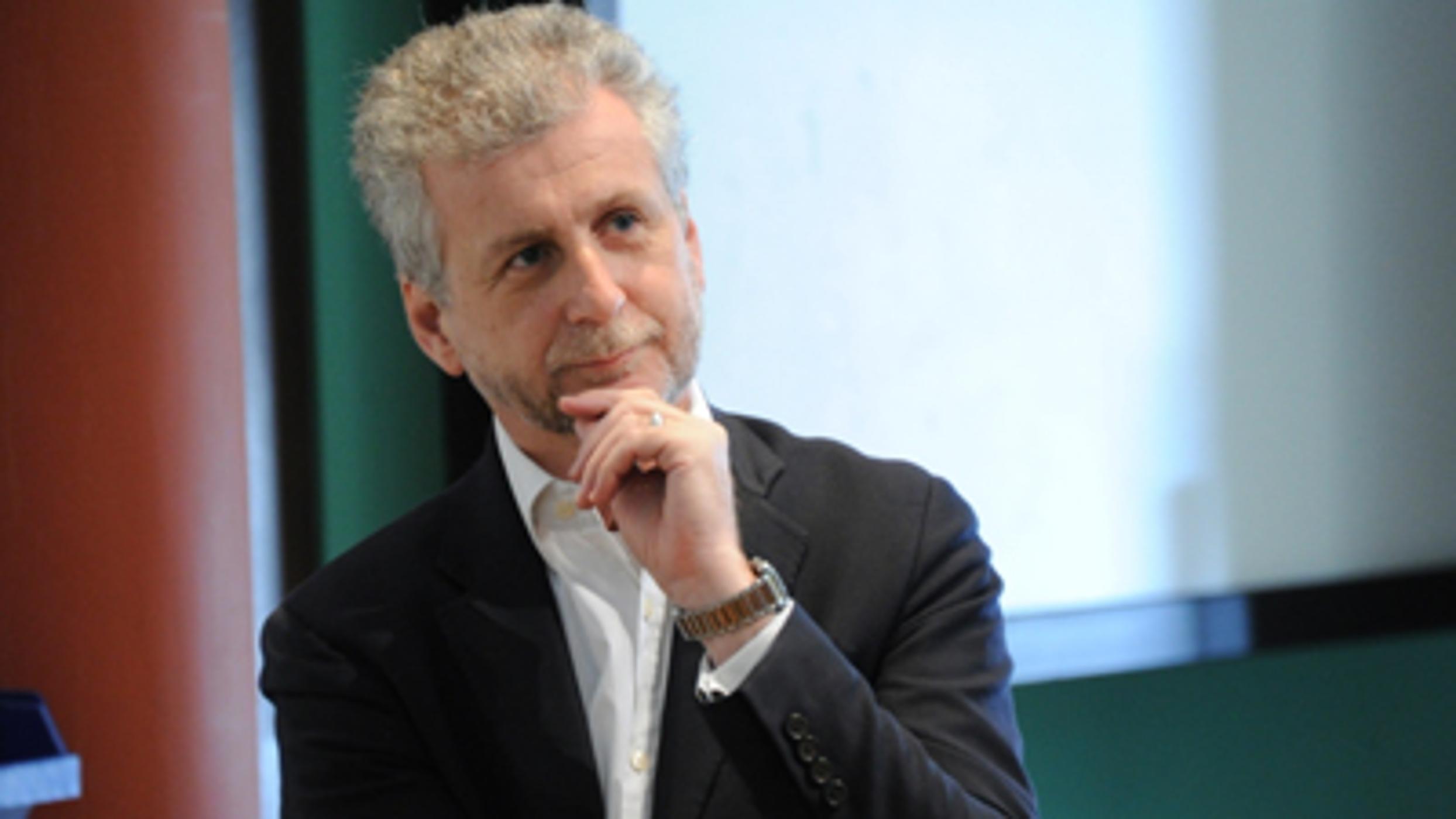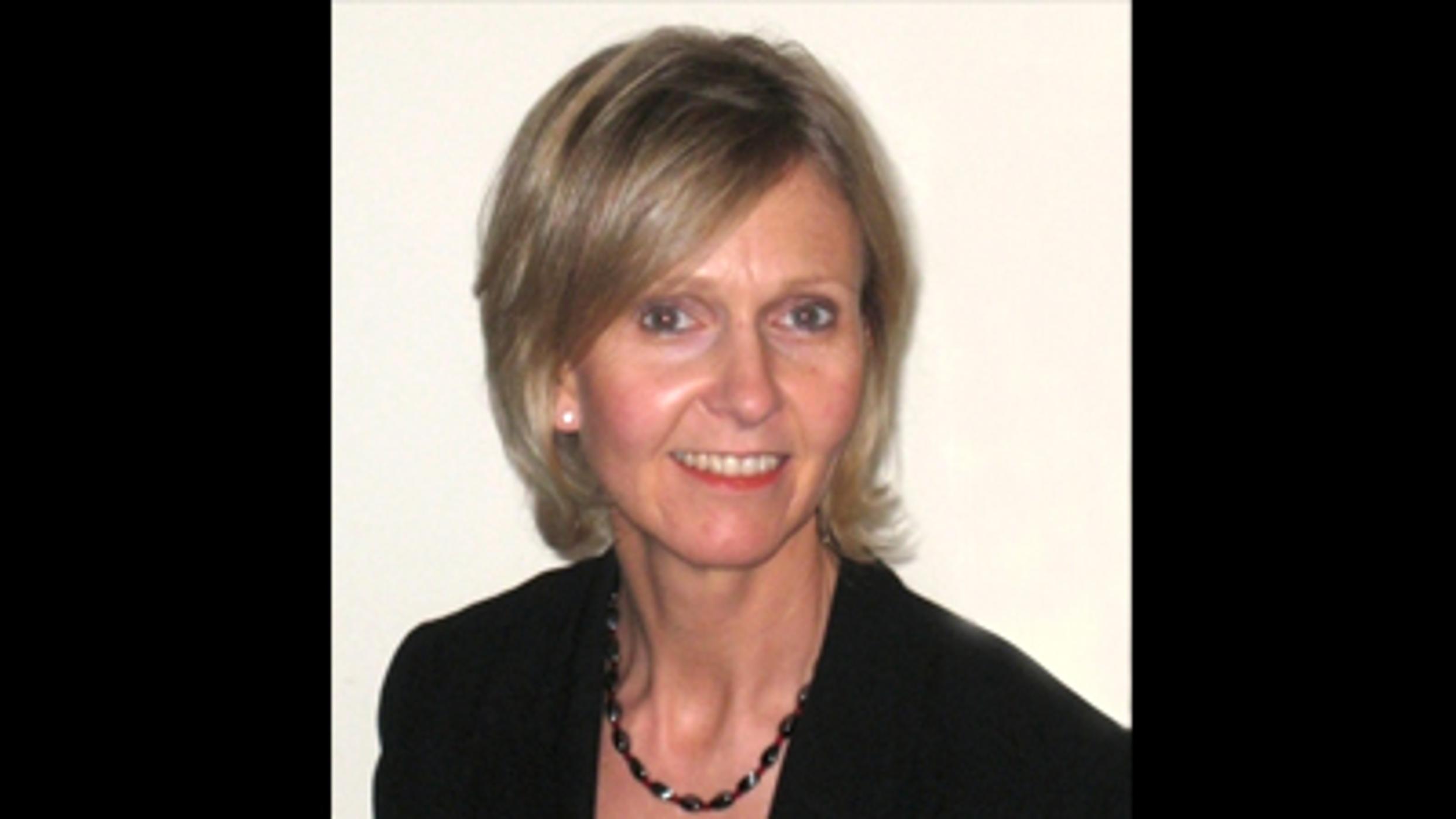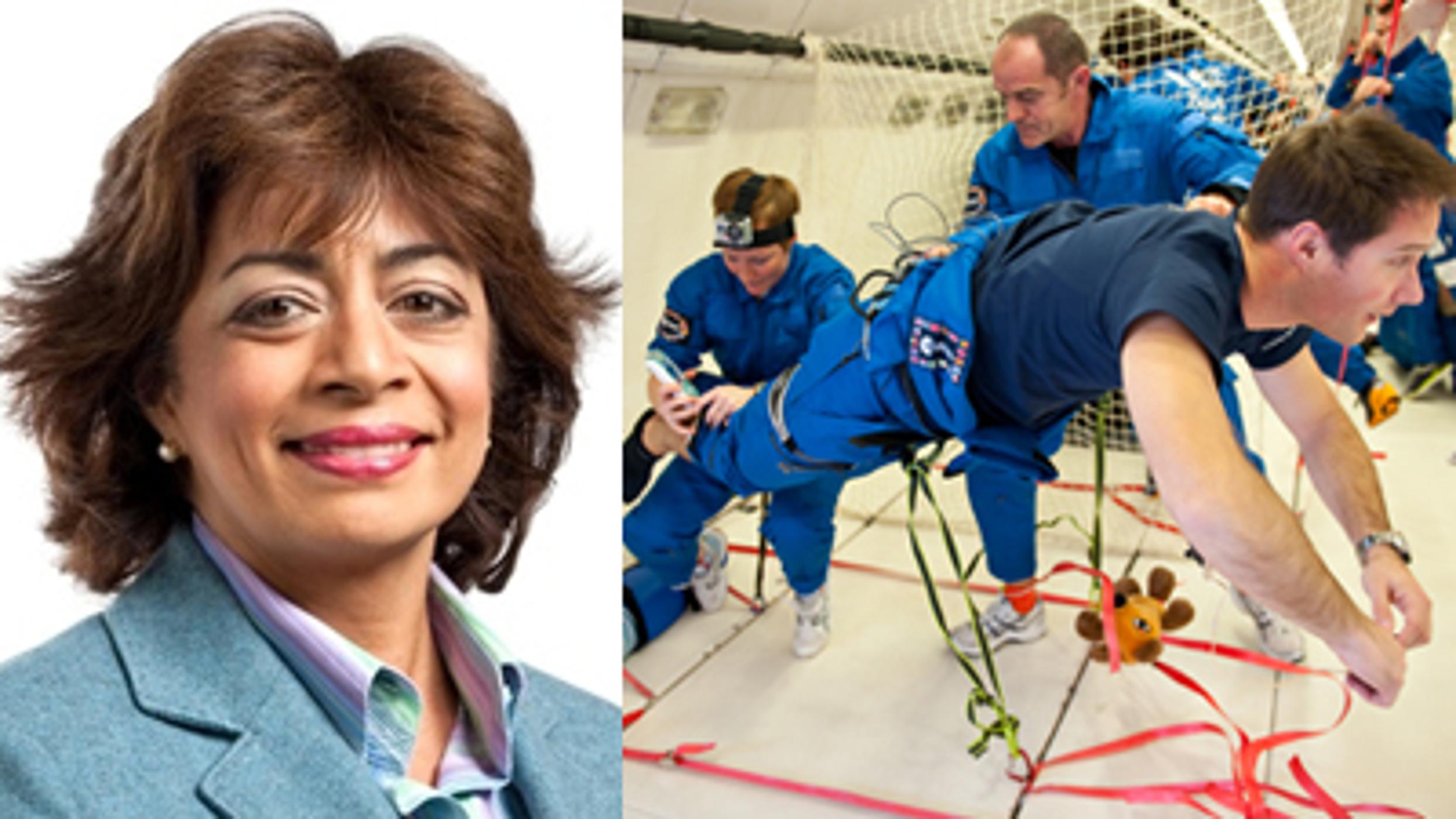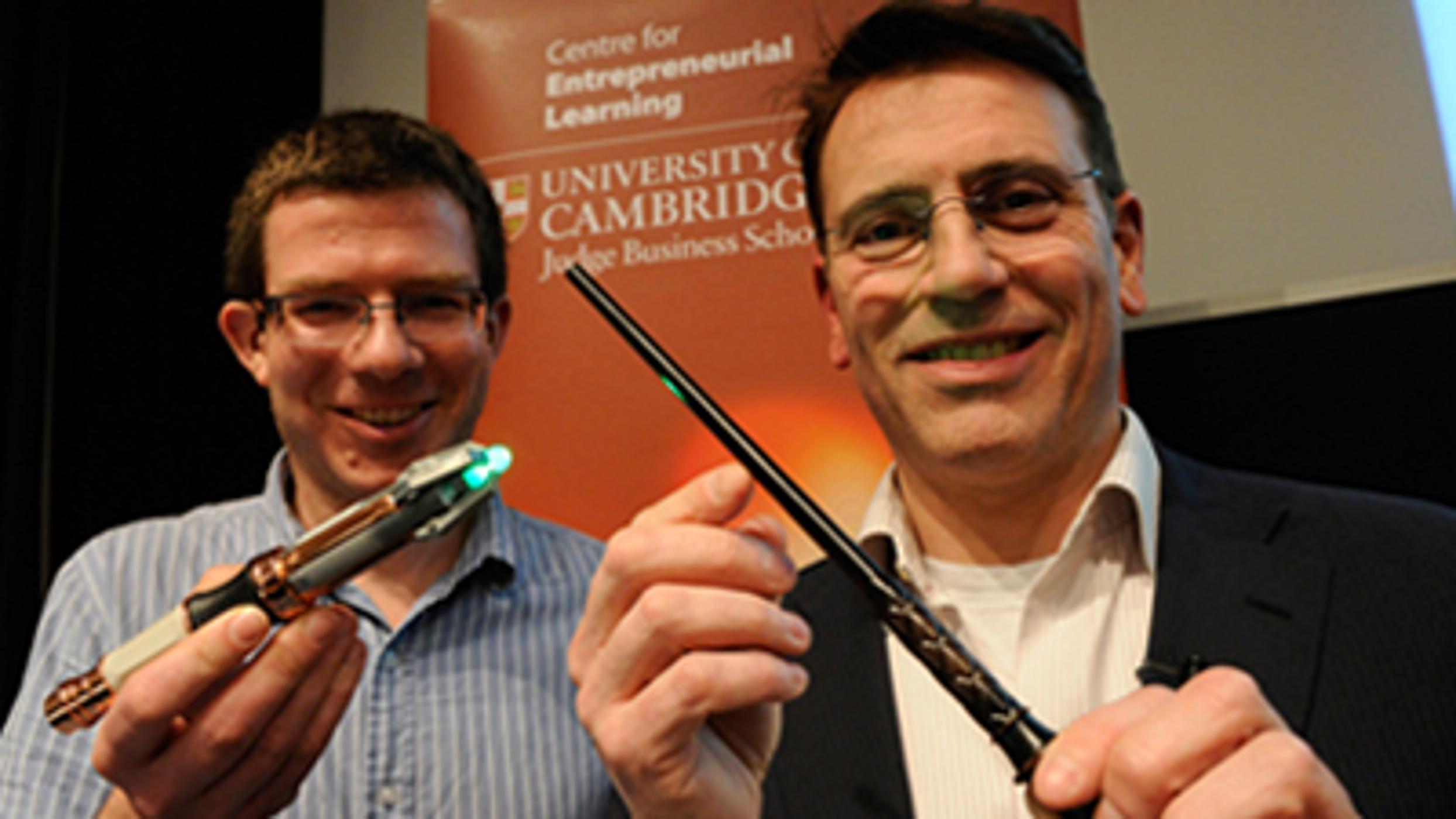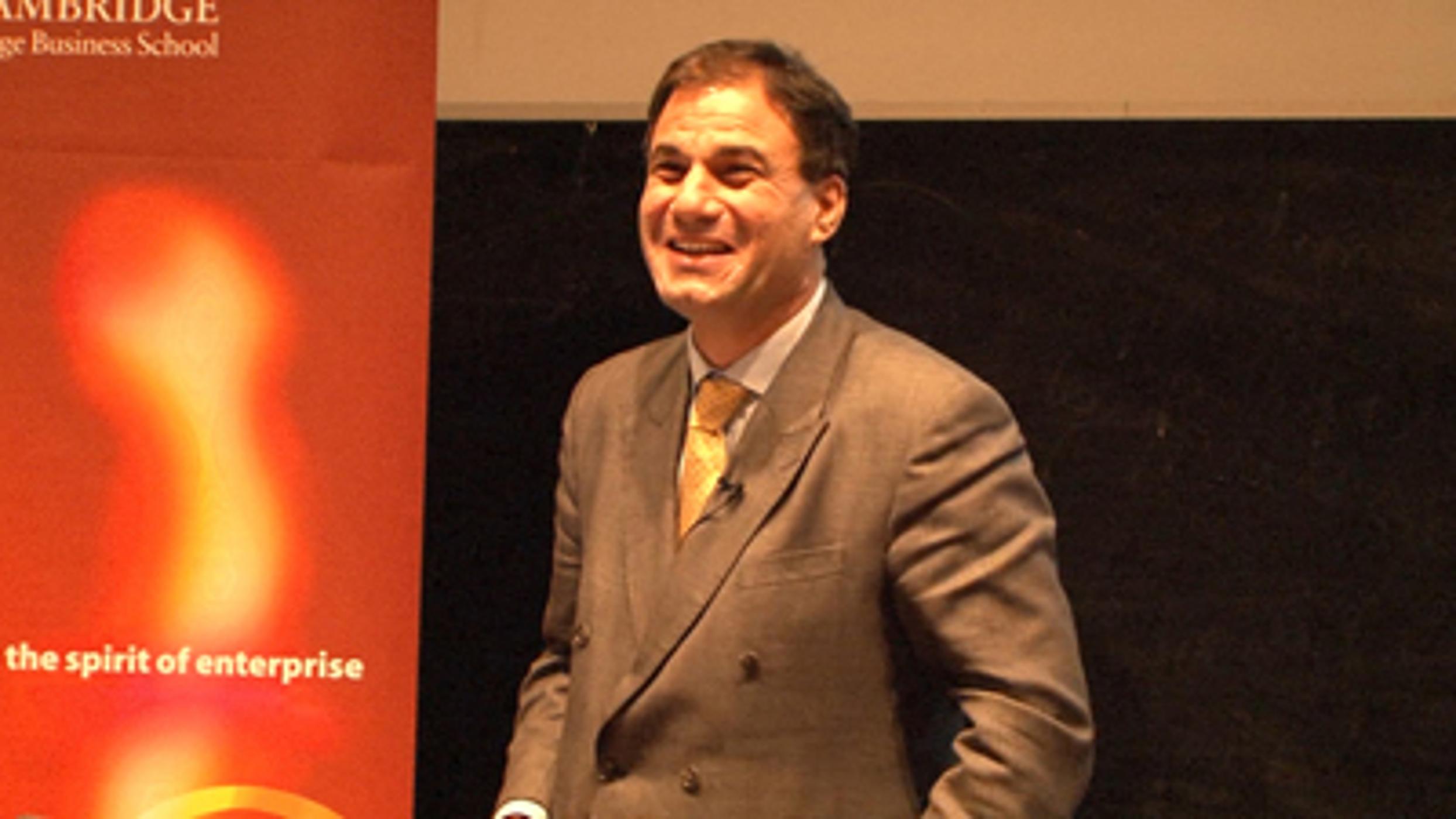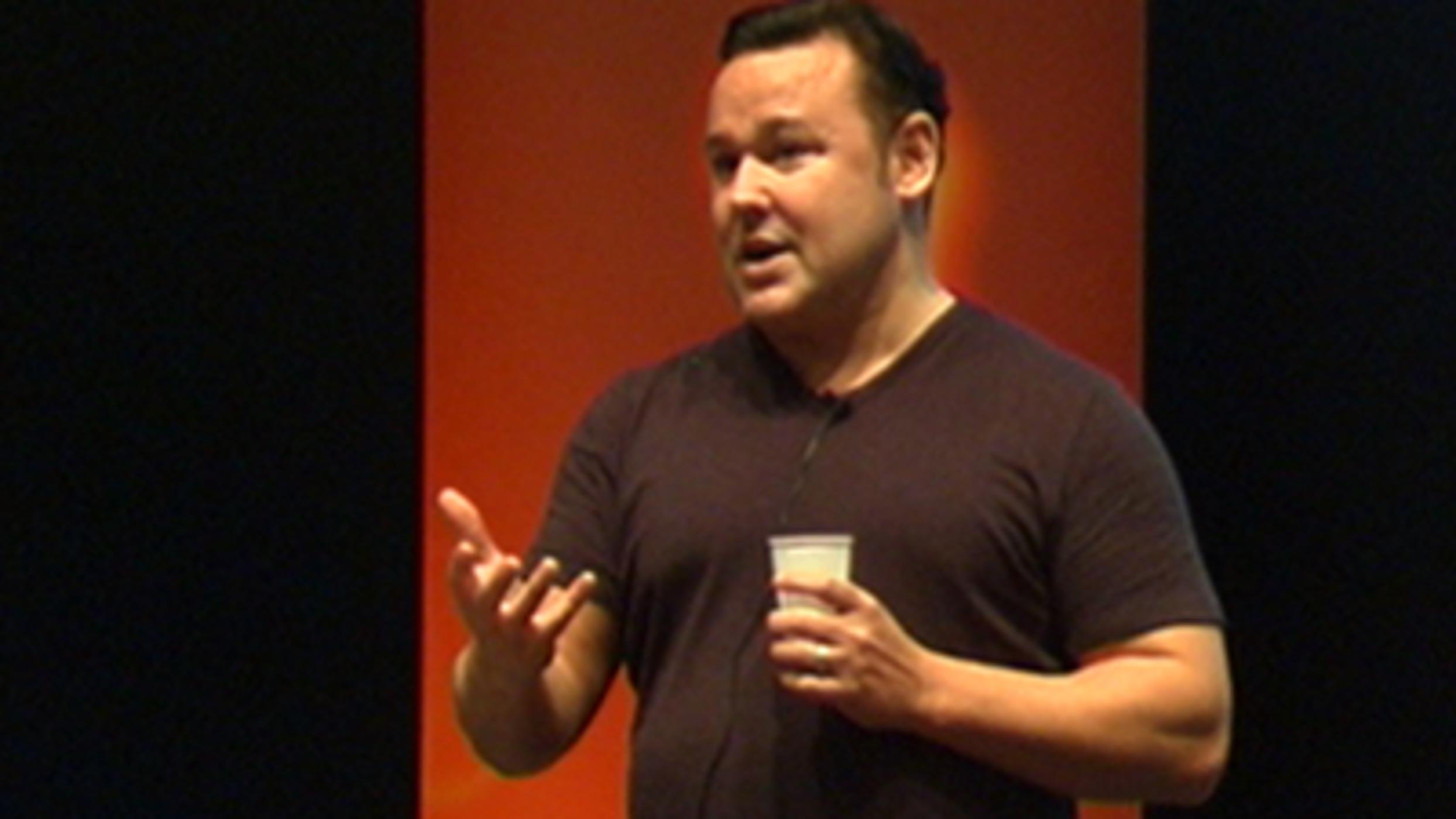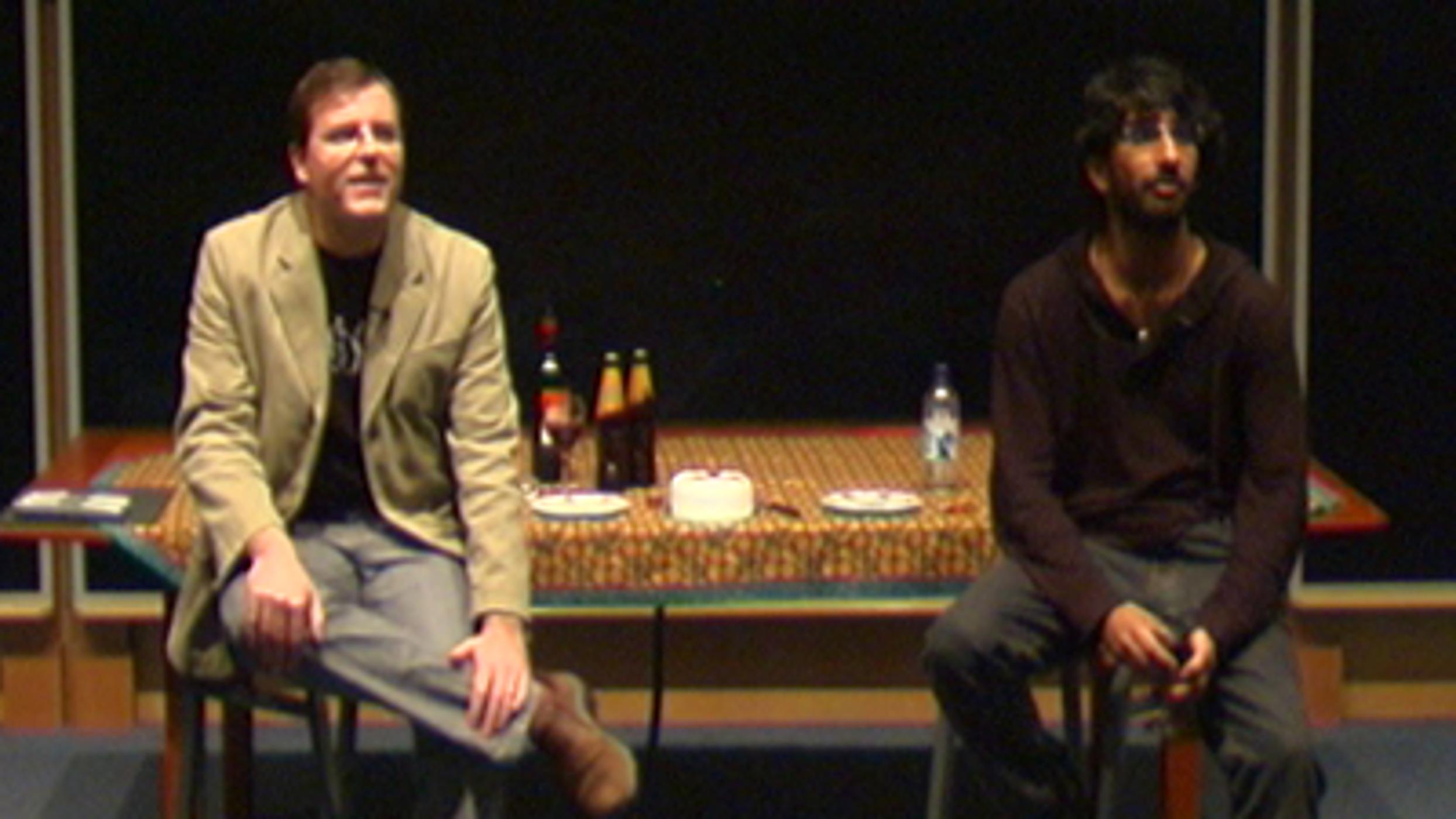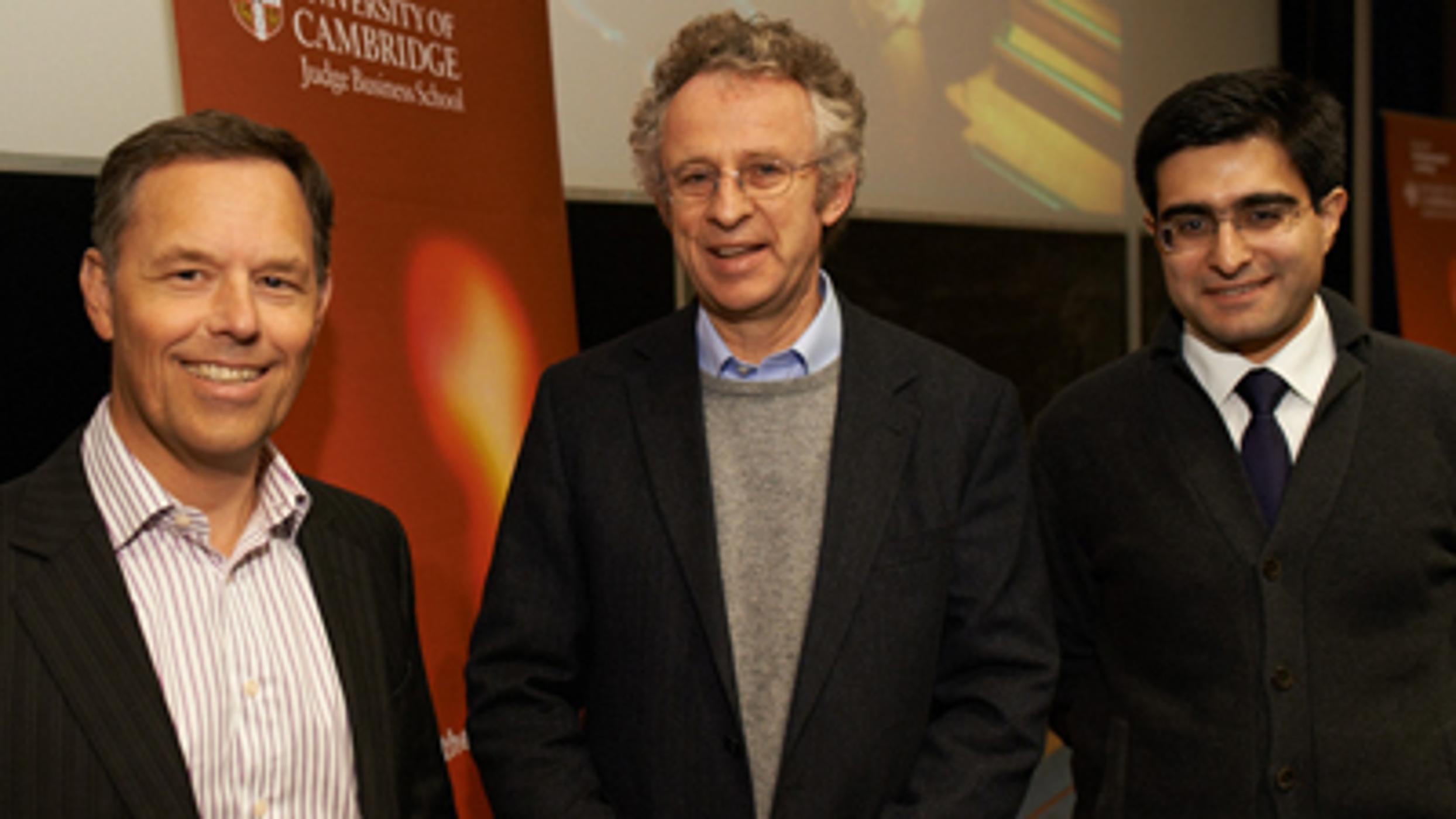Discover Centre for Entrepreneurial Learning - Entrepreneurs & Experts Podcast Series
Centre for Entrepreneurial Learning - Entrepreneurs & Experts Podcast Series

Centre for Entrepreneurial Learning - Entrepreneurs & Experts Podcast Series
Author: Cambridge University
Subscribed: 6Played: 54Subscribe
Share
© 2015
Description
A range of interviews and lectures from entrepreneurs and experts providing insights, advice and commentary on current issues and research topics.
55 Episodes
Reverse
How brilliant does a product need to be to succeed in a crowded market? William Tunstall-Pedoe, founder of Evi (formerly True Knowledge), a Cambridge-based Artificial Intelligence technology business which was acquired by Amazon, spoke at CfEL's Enterprise Tuesday programme.
Lord Karan Bilimoria of Chelsea, founder and Chairman of Cobra Beer, talks about the roller coaster ride of developing a new brand in a competitive market. This presentation is part of the Centre for Entrepreneurial Learning's Enterprise Tuesday series.
Professor Stelios Kavadias, Margaret Thatcher Professor of Enterprise Studies in Innovation & Growth, and Director of Research, at Cambridge Judge Business School, interviewed a panel of entrepreneurs and business leaders about innovation and growth at CfEL's Enterprise Tuesday talk on 25th November 2014.
Prof Andy Hopper CBE FRS FREng FIET and Dr Hermann Hauser CBE FRS FREng talk about the issues involved in commercialising research and innovation.
Many new ventures never use venture capital. So how do they get the money to start and grow their business? The answer lies with the customers. Michael Dell, Bill Gates and Banana Republic′s Mel and Patricia Ziegler all used customers to develop their iconic companies. In this session, Dr John Mullins talks about his pragmatic thinking on business and what entrepreneurs need in the early stages of a venture in this audio recording of his lecture at CfEL's Enterprise Tuesday on 11th November 2014. .
Dr David Cleevely knows a thing or two about building businesses. A serial entrepreneur and investor, he has worked at the heart of the Cambridge Cluster on numerous ventures including telecoms consultancy Analysys, web based antibody company Abcam (ABC.L); and G femto base station company, 3WayNetworks. Abcam, which he co-founded in 1998 and was Chairman of until 2009, currently has a $1.5bn valuation - not bad for a company that starting selling antibodies door-to-door on a bike! David is the guest speaker at the launch session of the 2014/15 Enterprise Tuesday series on 4 November at the University of Cambridge's Department of Engineering. He will focus on telling the Abcam story but also look at other billion dollar companies that have come out of Cambridge. It's a good opportunity for those working in or contemplating a future in entrepreneurship to learn more about growing successful businesses.
Read more about David Cleevely » http://www.cfel.jbs.cam.ac.uk/programmes/enterprisetuesday/programme/speakers/cleevelyd.html
Find out more about Abcam » http://www.abcam.com/
Without passion you cannot succeed! Listen to this podcast with Dr David Cleevely » http://www.sms.cam.ac.uk/media/1122496
Recognising opportunities … Watch video of Dr David Cleevely and Dr Andy Richards here » http://www.sms.cam.ac.uk/media/726139
Enterprise Tuesday is a series of FREE evening lectures and networking sessions delivered by the Centre for Entrepreneurial Learning (CfEL) which take place from November to the end of February in Cambridge. The programme aims to introduce participants to the world of business, as well as to encourage and inspire individuals to pursue their entrepreneurial ambition. It is the most popular non-assessed programme within the University and the model has been adopted by numerous other academic institutions as well as corporations.
Enterprise Tuesday is open to all University of Cambridge staff and students, members of other universities and the local business community. The series is particularly relevant for postgraduate students considering future career paths, those exploring entrepreneurial opportunities and looking to build high quality networks with experts and practitioners.
Find out more about Enterprise Tuesday at http://www.cfel.jbs.cam.ac.uk/programmes/enterprisetuesday/index.html
The Centre for Entrepreneurial Learning talked to Sarah Coleman, international business consultant and coach, about her experiences of helping companies to grow and scale. She also discusses how she applies her expertise and experience to mentoring would-be entrepreneurs studying on the Postgraduate Diploma in Entrepreneurship programme.
Sarah's career has developed from working in ICT with a focus on change management and business strategy to business consultancy and coaching across many different industry sectors. Her experience of working with companies has led her to believe that a particular skill-set and attitude of mind is required to grow businesses. A good business leader needs to have clarity of focus and to communicate well with people so that they understand what needs to be achieved and everyone is aligned with the overall strategy and vision.
Sarah brings a breadth of experience across different industry sectors to the mentoring on the Postgraduate Diploma in Entrepreneurship programme. She considers her main role is to support the student entrepreneur and give them confidence. Sarah quotes the late Anita Roddick, founder of The Body Shop, who said, "Be courageous because it's one of the few places that's left uncrowded." She firmly believes all entrepreneurs need to maintain and nurture the passion for their idea but also remember that developing a business is more of a marathon than a sprint.
Neil Stott, Chief Executive of the Keystone Development Trust, talks about the challenges of retaining social and financial returns on investment in wealth creation projects within the community. The Trust was named by the Cabinet Office (Mar 2014) as one of a number of partners awarded a grant of £900k to support social ventures in the East of England and aims to create a new generation of social ventures and entrepreneurs.
There are approximately 70,000 social enterprises in the UK contributing £18.5 billion to the UK economy (based upon 2012 Small Business Survey, 2013) and employing almost a million people. So, it seems to be a strong sector but what are the driving forces for this growth? Neil talks about the opportunities and challenges facing social ventures and would-be social entrepreneurs.
Appointed as Senior Teaching Faculty in Social Innovation at Cambridge Judge Business School (2014), he is also a mentor to students on the Cambridge Judge Business School Postgraduate Diploma in Entrepreneurship programme. The most difficult question for the students to answer has been 'who are my customers?' and 'what is the problem we're trying to solve with the business?' Social entrepreneurs need to understand that they're still operating a business - no matter how great the cause or their passion for the project.
Dr Shima Barakat, Research & Teaching Fellow in Enterprise at the Centre for Entrepreneurial Learning (CfEL), Cambridge Judge Business School, features in a Cambridge book The Meaning of Success and on the accompanying website at http://www.cam.ac.uk/women-at-cambridge, speaking about her career and philosophy of success. The book brings together the stories of women from across the University of Cambridge and examines what success means to them as they share the individual life journeys that have led them to Cambridge. In interviews with twenty-six women connected with the University, along with contributions from a hundred more, it makes a compelling case for a more inclusive definition of success.
The Vice-Chancellor Professor Sir Leszek Borysiewicz said: “By exploring these inspirational stories, this book reminds the reader that talent and excellence can be found across the University and in every walk of life. It provides an opportunity to reflect on how success is recognised and rewarded, giving us scope to redefine and extend the qualities and attributes we associate with being successful.”
In this podcast interview, Shima talks about her own experiences as a women engineer and academic as well as her research specifically into women in entrepreneurship. She cites the importance of encouraging women to be more enterprising and to overcome traditional challenges as a result of gender dynamics. Shima has direct experience as a woman engineer of workplace chauvinism and prejudice but has always sought to challenge and change attitudes and practices. As a young engineer working on the construction of the Cairo Metro with 400 men, she was given a key to a toilet that was three streets away. So, she commandeered the onsite men’s toilet when needed putting up a sign stating ‘occupied for feminine use’.
In her academic work, she has found evidence showing that a founding team or company board with a better gender balance tends to use 30% less resources, return 12% more and fair better in times of adversity. There’s also evidence of women doing things differently and that this diversity can be beneficial to the organization. And yet there are very few women on company boards and a shortage of women in senior positions in academia. Shima advocates a review of structural and organizational issues that break down stereotypes and forge new pathways for success both in companies and academia.
The entrepreneurial journey begins with an idea and leads to the start of a new venture. Some argue that is the easy bit! The really hard part is the subsequent growth of the firm. This requires clarity, strategic thinking and a deep understanding of management in all its various components. One of the key issues that arise is whether people are clear enough about their choices. Should they grow a lifestyle business or a high growth business? What are the personal implications of such choices? What might be the motivations for either? What should you really think about as a founder or CEO of a growing venture?
This audio recording of the Centre for Entrepreneurial Learning's Enterprise Tuesday lecture on 11th February 2014 includes contributions from Glenn Collinson Co-Founder and former Director of CSR Plc and Co-Founder of Neul Ltd; and Joep van Beurden: Chief Executive Officer, CSR Plc. The session was chaired by John Snyder, CEO Grapeshot and CfEL Entrepreneur in Residence.
The Centre for Entrepreneurial Learning (CfEL) talked to Dr Helen Lee, Director of Research, Department of Haematology, University of Cambridge and Founder Diagnostics for the Real World about her very considerable experiences in diagnostics, founding companies, and the need to develop usable products for people in the developing world.
Helen received her PhD from Cornell University and MSc from Oxford University. After post-doctoral training at Churchill Hospital in Oxford, the University of Geneva and St Louis Hospital in Paris, she began her career in diagnostics at the Centre National de Transfusion Sanguine in Paris where she was responsible for developing monoclonal blood typing reagents, the first widely used liquid blood typing reagents in Paris. Another major accomplishment of her group was one of the first monoclonal antibody based assays for hepatitis B surface antigen, which was subsequently licensed to the Pasteur Institute as the MONLISA HBsAg assay and is still on the market today.
She then joined Abbott Laboratories to be responsible for Research & Development, and was promoted to General Manager of the Probe Diagnostics Business Unit where she managed over 100 people and an annual budget of >$20 million. She was also responsible for production of instruments as well as chemistry, marketing, quality and regulatory affairs of the product line. After leaving Abbott she founded a biotech company, Sentinel Biosciences Inc. in Palo Alto, CA, developing technologies for virus discovery. The company was successfully sold to one of the world's largest pharmaceutical companies.
In 1996, she left industry for the University of Cambridge in order to focus on the development of technology and diagnostic assay for resource-poor settings. To commercialise the technologies developed at Cambridge, she founded the spin off company, Diagnostics for the Real World Ltd (DRW), in 2002.
Awards:
Dr Lee chaired the Diagnostic Steering Committee at the World Health Organization (WHO). She is the recipient of the 2005 Lord Lloyd Kilgerran Award, the 2006 British Female Inventor in Industry Award, the 2006 European Women of Achievement Award and the 2007 Asian Women of Achievement Award (presentation as pdf).
The products and technologies developed by DDU scientists received the Medical Futures Innovation Award (UK) for its innovative sample collection device and more recently, the 2007 Tech Museum Innovation Award (US) for innovation in the Health Category, in recognition of the Signal Amplification technology, which greatly improves the sensitivity of rapid test for the detection of infectious diseases (see video interview) (hear audio interview).
The unit has filed 12 families of patent applications, with 20 granted or allowed national patents, detailing inventions that improve the performance of rapid diagnostic test.
Jane has made the challenging transition from bench scientist to innovation leader with over 20 years experience at Cambridge Antibody Technology (CAT) and now MedImmune. She considers it is highly important for bioscientists to build partnerships because the more diverse views, ideas, expertise and perspective you can bring together to help solve specific problems, the better the result. Jane‘s experience is that the most successful collaborations depend on shared goals that are mutually beneficial, reviewed regularly and managed with discipline. Bio-scientists can leverage clusters to source skills and capabilities not immediately available. A key characteristic of the Cambridge cluster is that everyone is very supportive - a great example of altruism. It’s a very positive environment to work in. The interdisciplinary nature of the cluster has helped accelerate bio innovation and bring significant competitive advantage.
Navigating the complexity of large organisations is challenging for novice bio entrepreneurs and start-ups. She recommends that bio entrepreneurs make connections at all levels. In her experience, the most successful partnerships have started via grass roots discussions with scientists in the lab with ideas that match, or are aligned to, strategic aims through further interactions with senior management. It is when these two pieces fit together well that you can be really successful. She advises young bio entrepreneurs and start-ups to be flexible, open-minded and prepared to take risks to raise the profile, build trust and gain respect.
Clive Rich, professional negotiator and author of the ‘Yes’ book published by Random House, has a track record of brokering deals for a range of heavy weight multinational organisations and brands. He shared his knowledge of entrepreneurial negotiating with delegates of the Ignite programme in July 2013. During this interview, he advises on why negotiation skills are important to entrepreneurs and SMEs and provides real examples of applying strategies successfully. Clive tries to enable people to master these skills so they can deal with the kind of negotiations which thread through business
Dr Julie Barnes has extensive commercial and scientific experience in the life sciences sector and early stage businesses making her a great female role model. In this interview for the Centre for Entrepreneurial Learning, she talks about how the sector has changed enormously over the last 25 years leading to the emergence of medicines for preventative healthcare. The next phase of change is going to be about individual choice and managing health, rather than managing disease. At present, we are treating the tip of the iceberg with a focus on the last 10% of disease that shows itself in patients. The future focus will be on changing healthcare through understanding more about disease at a molecular level and through early detection. Julie is a strong advocate for partnership between academia and industry to harness value from scientific innovation and ensure translation for the benefit of patient health.
The Centre for Entrepreneurial Learning (CfEL) talked to Mary Anne Cordeiro, Director of Albion Income and Growth Venture Capital Trust plc and Director of Science to Business about her experiences of helping early stage technologies with product development and how those within the bio sector need to think outside the box.
Mary Anne is an Oxford University graduate who had a fifteen year career in the City with Goldman Sachs, Bankers Trust and Paribas giving her extensive expertise in all aspects of corporate finance. Since 1998, she has been working on the commercialisation of innovation and has helped develop strategies to bring new products and services to market as well as to finance growth.
She is motivated by what she perceives as a big gap between getting scientists ‘off the bench and on the road’ and then evolving start-ups into sustainable businesses. Most scientists see the problem as being about improving the technology rather than spotting the market opportunity and meeting the market need. Mary Anne realised she needed to get involved at an early stage in order to advise and enable inventors and start-ups to create compelling business propositions that savvy business angels would invest in.
During the interview, she cites an example of how thinking outside the box helped a company, Myoton, accelerate product development. The original technology product offered was such that sales were made only to scientists but this changed in 2010 when the company was awarded grant-funding by the EU Space Agency. It enabled development of the technology for use in micro-gravity and required complete redevelopment of the mechanics and software to cope with the environment in space. The result was a more versatile and user-friendly product which can be used in most healthcare settings. It has transformed the company into a viable, sustainable business.
Chris Barnardo & Richard Blakesley, Co-Founders of The Wand Company, speaking on the topic 'Creating Star Teams' at the CfEL Enterprise Tuesday lecture series in February 2013.
The most frequently cited reason for the success or failure of a venture is whether or not the team (as defined by its composition, experience, expertise, chemistry, soft skills, shared purpose and values) is effectively formed and developed. This session focuses on entrepreneurial teams, the role of the ‘Alpha entrepreneur’, ‘born or made’ leadership qualities, characteristics and competences; the ability to change and the ability to manage detail. It will consider the point of view of investors, i.e. what they look for, how they make judgements, when they make changes and how they find talent.
What will you gain from this session? This practitioner-led talk is an opportunity to understand more about the formation, shared vision and development of good entrepreneurial teams and how they build businesses. It will explain the need for the founder role to evolve and how entrepreneurs can influence the investor.
Lord Karan Bilimoria CBE DL, founder and Chairman of Cobra Beer, speaking about his entrepreneurial journey and the choices he made while growing the business, at the Enterprise Tuesday lecture series in February 2013.
The entrepreneurial journey begins with an idea and leads to the start of a new venture. Some argue that is the easy bit! The really hard part is the subsequent growth of the firm. This requires clarity, strategic thinking and a deep understanding of management in all its various components. One of the key issues that arise is whether people are clear enough about their choices. Should they grow a lifestyle business or a high growth business? What are the personal implications of such choices? What might be the motivations for either? What should you really think about as a founder or CEO of a growing venture?
In the second session of the 2012-2013 Enterprise Tuesday series, we have an opportunity to explore Mindsets and Motivations in the context of one of the fastest growing biotech firms in Europe. Horizon Discovery has been growing at 100%+ per annum by leveraging its strong IP, technology and customer base. It is a fast growing company rather than a lifestyle venture. What implication does this have on the management team and the business itself? How does a team form the skills to complement their vision to tackle the appropriateness of business models, regulatory challenges, the need for deep research pockets, sales to large corporates and other bureaucracies and more generally manage teams of very bright people?
These and more questions will be tackled by our guest speaker Dr Darrin Disley, a serial entrepreneur who has been involved in the start-up and growth of ten high-tech business ventures.
Rahul Vohra, CEO & Co-Founder of Rapportive and Dr Shamus Husheer, CEO of Cambridge Temperature Concepts, speaking on the topic 'Serendipity or Hard Work' at the Enterprise Tuesday lecture series on 27th Nov 2012.
Successful entrepreneurs are often dismissed as having had a bit of good luck. Entrepreneurs too, are sometimes tempted to ascribe their progress to luck or serendipity – 'Things happen!' What is the reality of entrepreneurial success or indeed failure? How much can we rely on our own endeavours? How much do we have to wait for external conditions to change and go in our favour? Is it about the luck of being in the right place at the right time? Markets, technologies, social trends, access to funding finding the first customer but perhaps not where you were looking are all cases that challenge the rational model for enterprise development.
This session is delivered by two young, charismatic entrepreneurs both of whom are experiencing success but in different ways. Dr Shamus Husheer completed his PhD at Cambridge, while Rahul Vohra took leave from his PhD and went to Silicon Valley with his co-founders to pursue his entrepreneurial dream. Shamus is building a business from Cambridge and Rahul has already made an exit by selling his venture to LinkedIn.
Full Lecture introduced by Dr Shai Vyakarnam, Director of the Centre for Entrepreneurial Learning.
The evening’s speakers are members of a top team both in terms of scientific research and commercialisation. Professor Sir Richard Friend is co-presenting with Dr. Simon Bransfield Garth, CEO of Eight19 who has deep experience of taking disruptive technology to market and a PhD in Engineering from St Johns College. They are joined by Dr Seena Rejal, who has a strong track record too including time at the Clinton Climate Initiative, and was Chairman of Cambridge University entrepreneurs when he was a PhD student at Cambridge.
Comments
Top Podcasts
The Best New Comedy Podcast Right Now – June 2024The Best News Podcast Right Now – June 2024The Best New Business Podcast Right Now – June 2024The Best New Sports Podcast Right Now – June 2024The Best New True Crime Podcast Right Now – June 2024The Best New Joe Rogan Experience Podcast Right Now – June 20The Best New Dan Bongino Show Podcast Right Now – June 20The Best New Mark Levin Podcast – June 2024
 United States
United States

